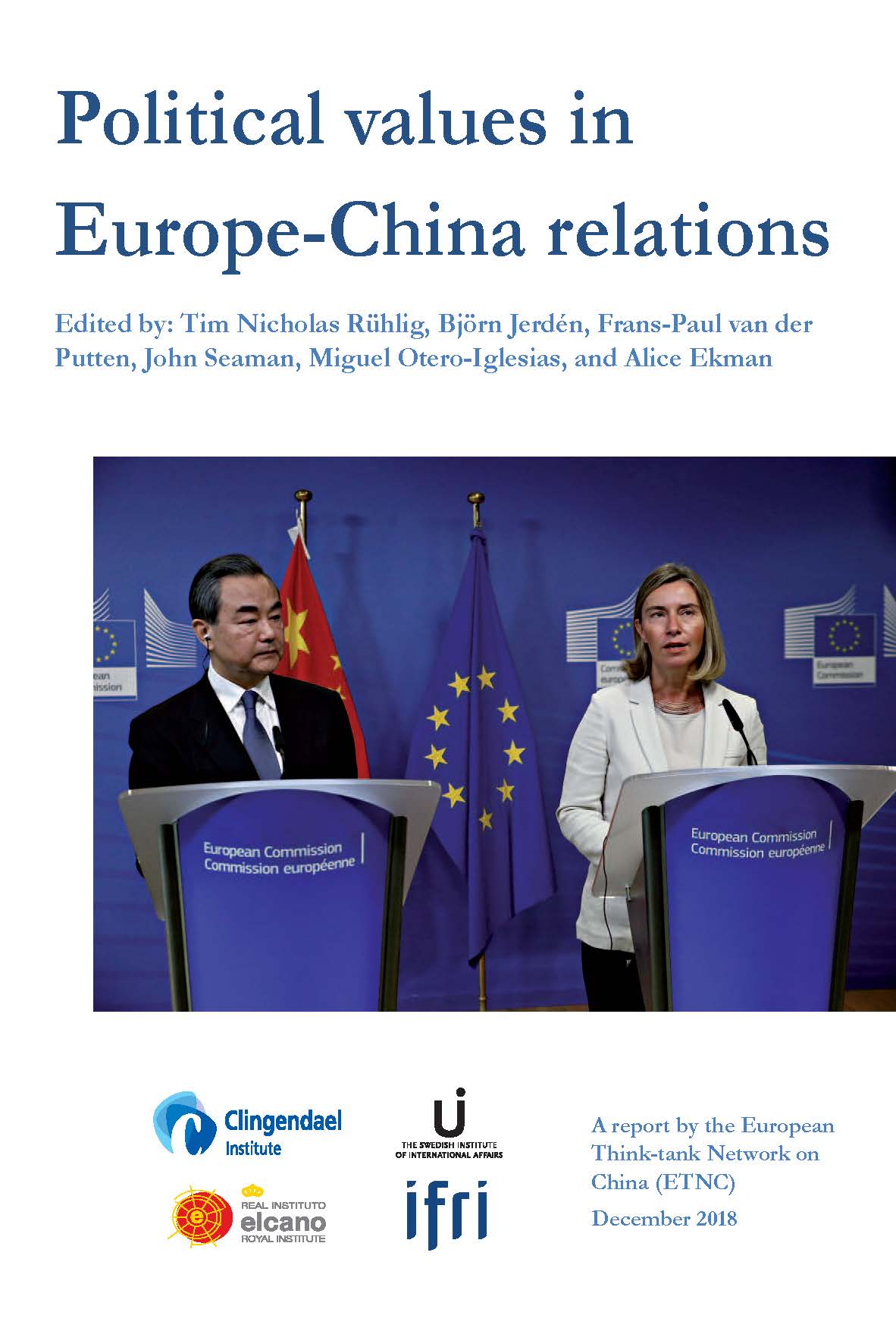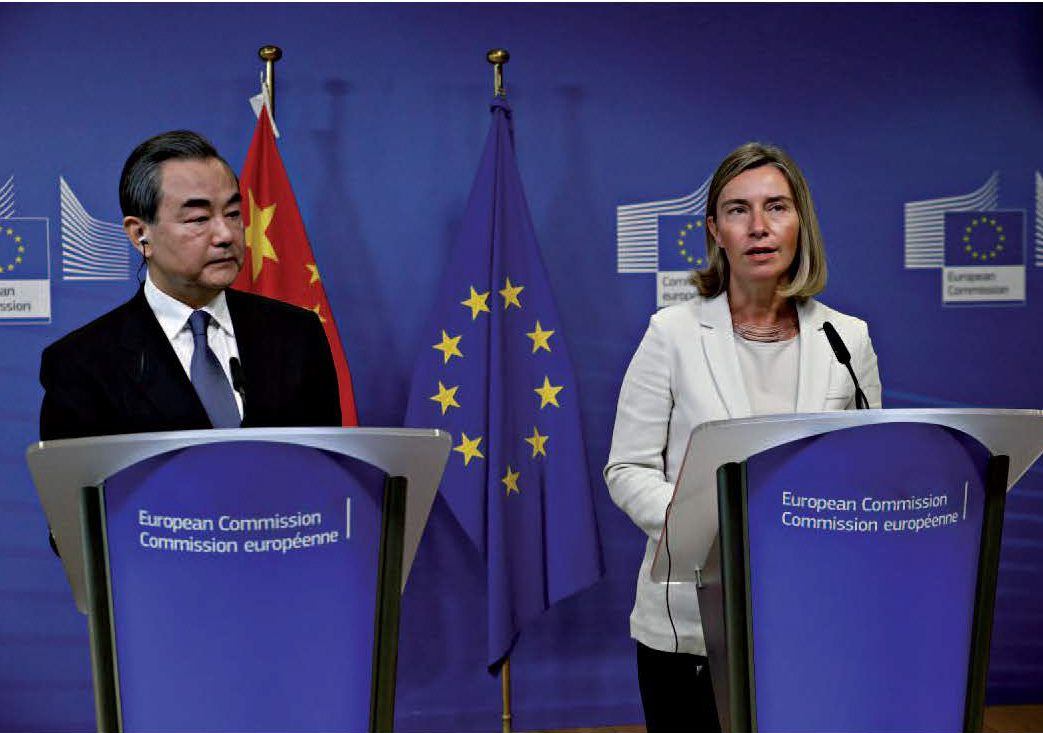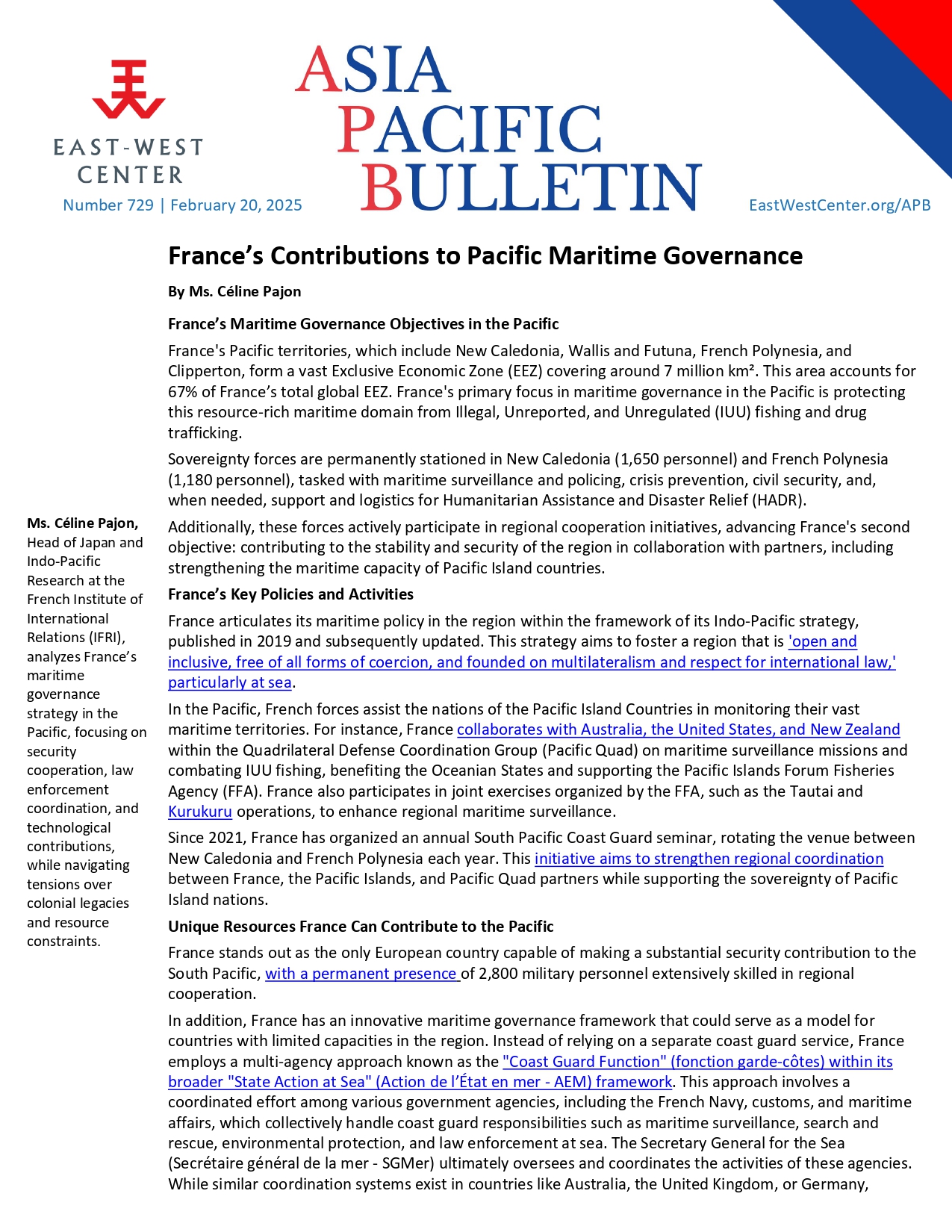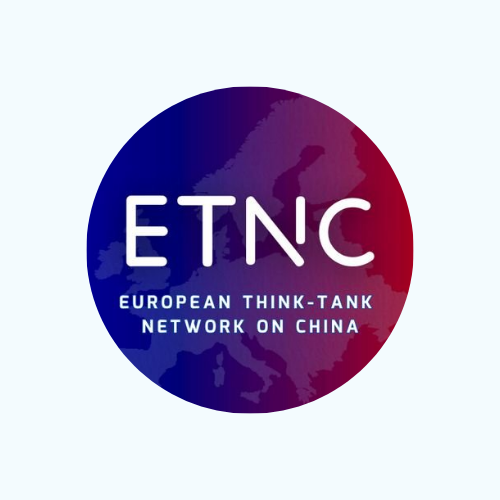Political Values in Europe-China Relations

What role do political values play in Europe-China relations 70 years after the signing of the Universal Declaration of Human Rights?

In its fourth annual report, the European Think-tank Network on China (ETNC), of which Ifri is a founding and coordinating member, examines how political values – namely democracy, human rights and the rule of law – shape Europe-China relations today. China experts from seventeen leading European research institutions have compared how these values inform the foreign policies of European states and the EU toward the most powerful autocracy in the world, the People’s Republic of China (PRC), and how the PRC influences the debate on political values in Europe.
The results display four different patterns of behavior among European countries: vocal and active; active and discreet; passive; and passive and potentially counteractive.
The report finds that three factors are of particular importance in making sense of differences in behavior among European countries:
- First, while there has been a general downgrading of the importance of political values in the approaches to China by most European states, younger democracies have been more affected by this trend.
- Second, states with a higher per capita gross domestic product tend to be more active in the field of political values in their relations with China. Close trade relations with China also correlate with a higher level of activity in this field.
- Third, Chinese pressure has led some European states to reconsider their level of activity in promoting democracy, human rights and the rule of law. Even so, they have not taken political values entirely off the agenda.
Despite China’s increased efforts to promote its image abroad, in all the countries analyzed the general public and large sections of the political elite and media hold negative views of China’s political system.
Chapters of the report:
1) The role of political values in Europe-China relations
Tim Nicholas Rühlig, Björn Jerdén, John Seaman, Frans-Paul van der Putten, Miguel Otero-Iglesias and Alice Ekman
2) Belgium’s multilayered China policy: A case of principled pragmatism?
Bruno Hellendorff
3) The Czech Republic’s values-based policy towards China reconsidered
Rudolf Fürst
4) Discreet diplomacy: Denmark’s pragmatic stance towards China
Andreas Bøje Forsby
5) Political values in France-China relations, 2018: The start of a policy shift under Emmanuel Macron
Alice Ekman
6) Germany’s promotion of liberal values vis-à-vis China: Adapting to new realities in political relations
Lucrezia Poggetti and Kristin Shi-Kupfer
7) Sino-Greek relations: Marked by values or opportunism?
Plamen Tonchev
8) Absent political values in a pragmatic Hungarian China policy
Tamas Matura
9) Political values in Italy’s China policy: A “constructive approach”
Nicola Casarini, Lorenzo Mariani, and Fabio Angiolillo
10) Latvia: A pragmatic approach without making significant concessions to China
Una Aleksandra Bērziņa-Čerenkova and Māris Andžāns
11) Human rights promotion and the changing role of political values in Netherlands-China relations
Frans-Paul van der Putten
12) Political values in Norway’s relations with China: Standing ground or giving in?
Hans Jørgen Gåsemyr
13) Poland’s modest approach to a values-based China policy
Justyna Szczudlik
14) Portugal-China relations: Political values play second fiddle
Carlos Rodrigues
15) Political values: A sensitive issue almost absent from Romania’s relations with China
Iulia Monica Oehler-Şincai
16) Political values in Spain-China relations: Empathy, discretion and patience
Mario Esteban and Miguel Otero-Iglesias
17) The prudent proponent Sweden’s normative China policy
Viking Bohman and Anna Michalski
18) UK-China: Broadening the values agenda
Tim Summers
19) Political values in EU-China relations: Towards a “principled” or a “pragmatic” approach?
Tim Nicholas Rühlig
Download the full analysis
This page contains only a summary of our work. If you would like to have access to all the information from our research on the subject, you can download the full version in PDF format.
Political Values in Europe-China Relations
Related centers and programs
Discover our other research centers and programsFind out more
Discover all our analysesJammu and Kashmir in the Aftermath of August 2019
The abrogation of Article 370, which granted special status to the state of Jammu and Kashmir (J&K), has been on the agenda of the Bharatiya Janata Party (BJP) for many decades.

France’s Contributions to Pacific Maritime Governance
France stands out as the only European country capable of making a substantial security contribution to the South Pacific, with a permanent presence of 2,800 military personnel extensively skilled in regional cooperation.
Unlocking India’s Energy Transition: Addressing Grid Flexibility Challenges and Solutions
India is rapidly scaling up its renewable energy (RE) capacity, adding 15–20 GW annually, but the ambitious goal of 500 GW of non-fossil capacity by 2030 is at risk unless the pace accelerates.

The China-Russia Partnership and the Ukraine War: Aligned but not allied
China and Russia maintain a strategic partnership rooted in shared opposition to the U.S. and liberal democracies, but their relationship is shaped more by pragmatism than trust.














